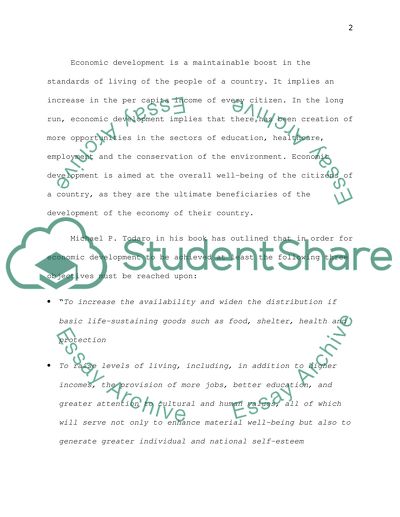Cite this document
(“Global Economic Development Essay Example | Topics and Well Written Essays - 3000 words”, n.d.)
Retrieved from https://studentshare.org/environmental-studies/1416271-global-economic-development
Retrieved from https://studentshare.org/environmental-studies/1416271-global-economic-development
(Global Economic Development Essay Example | Topics and Well Written Essays - 3000 Words)
https://studentshare.org/environmental-studies/1416271-global-economic-development.
https://studentshare.org/environmental-studies/1416271-global-economic-development.
“Global Economic Development Essay Example | Topics and Well Written Essays - 3000 Words”, n.d. https://studentshare.org/environmental-studies/1416271-global-economic-development.


